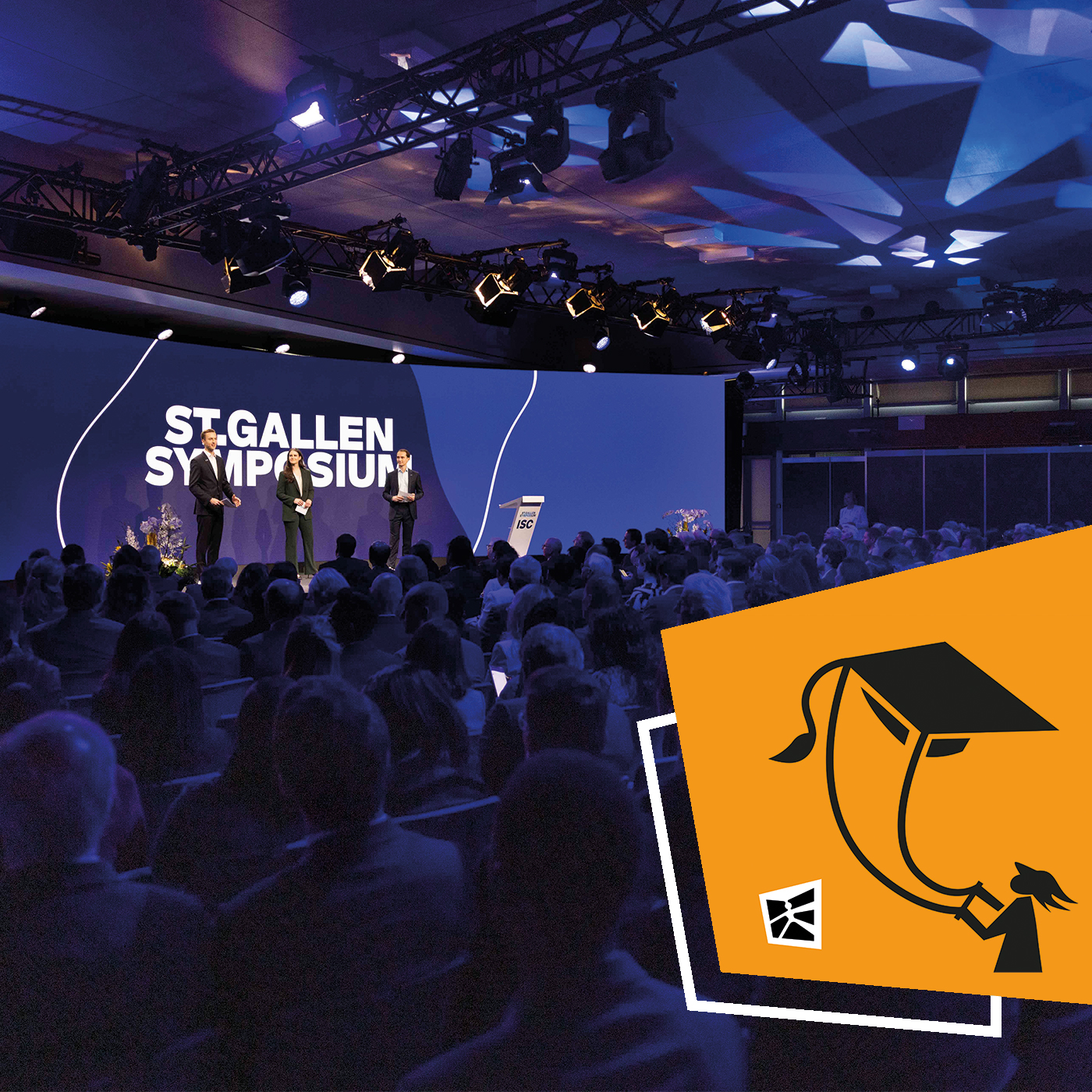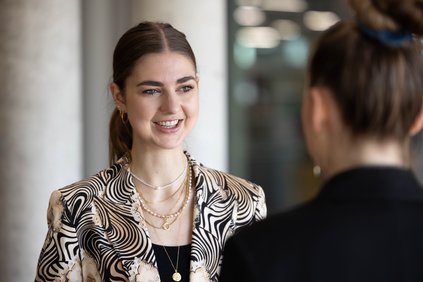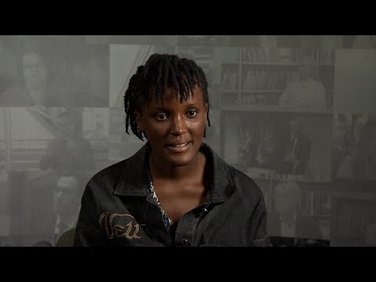Background - 04.05.2023 - 19:00
52nd St.Gallen Symposium: Elliot Gunn wins this year's Global Essay Competition
Elliot Gunn called for the improvement of general health care at the award ceremony at the 52nd St.Gallen Symposium. Gaurav Kamath and Megan Murphy were also honoured at the awards ceremony. By student reporter Anna Kati Schreiter.
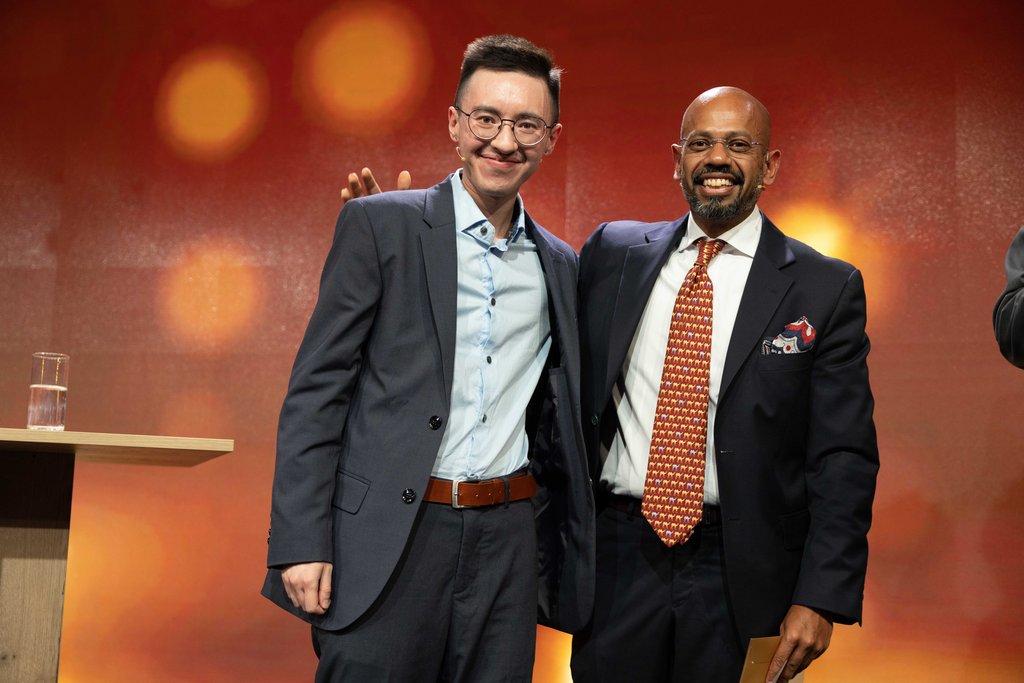
Elliot Gunn am 52. St.Gallen Symposium 2023
On 3 May 2023, three young talents received a prize worth a total of 20`000 CHF at the Global Essay Competition during the St.Gallen Symposium. The prize was awarded for their outstanding ideas and projects, which they submitted when applying to participate in the international conference. The competition is aimed at students worldwide and offers young people the opportunity to exchange ideas with 200 committed "Leaders of Tomorrow" and 600 established "Leaders of Today".
What does the new generation want to preserve, what does it want to get rid of?
Every year, the Symposium receives around 1,000 submissions from around the globe. The authors of the best 100 essays are invited to St.Gallen as "Leaders of Tomorrow" to discuss their ideas with the "Leaders of Today". Following the conference theme, "A New Generational Contract", this year's essay question was: "The best or worst legacy of previous generations: How can this be preserved or replaced?" A jury of seven selected the best ideas. The jury included Georg von Krogh, Professor of Strategic Management and Innovation at ETH Zurich, Heike Bruch, Professor of Management at the University of St.Gallen and Riz Kahn, British journalist and TV presenter.
Winners of the Global Essay Competition
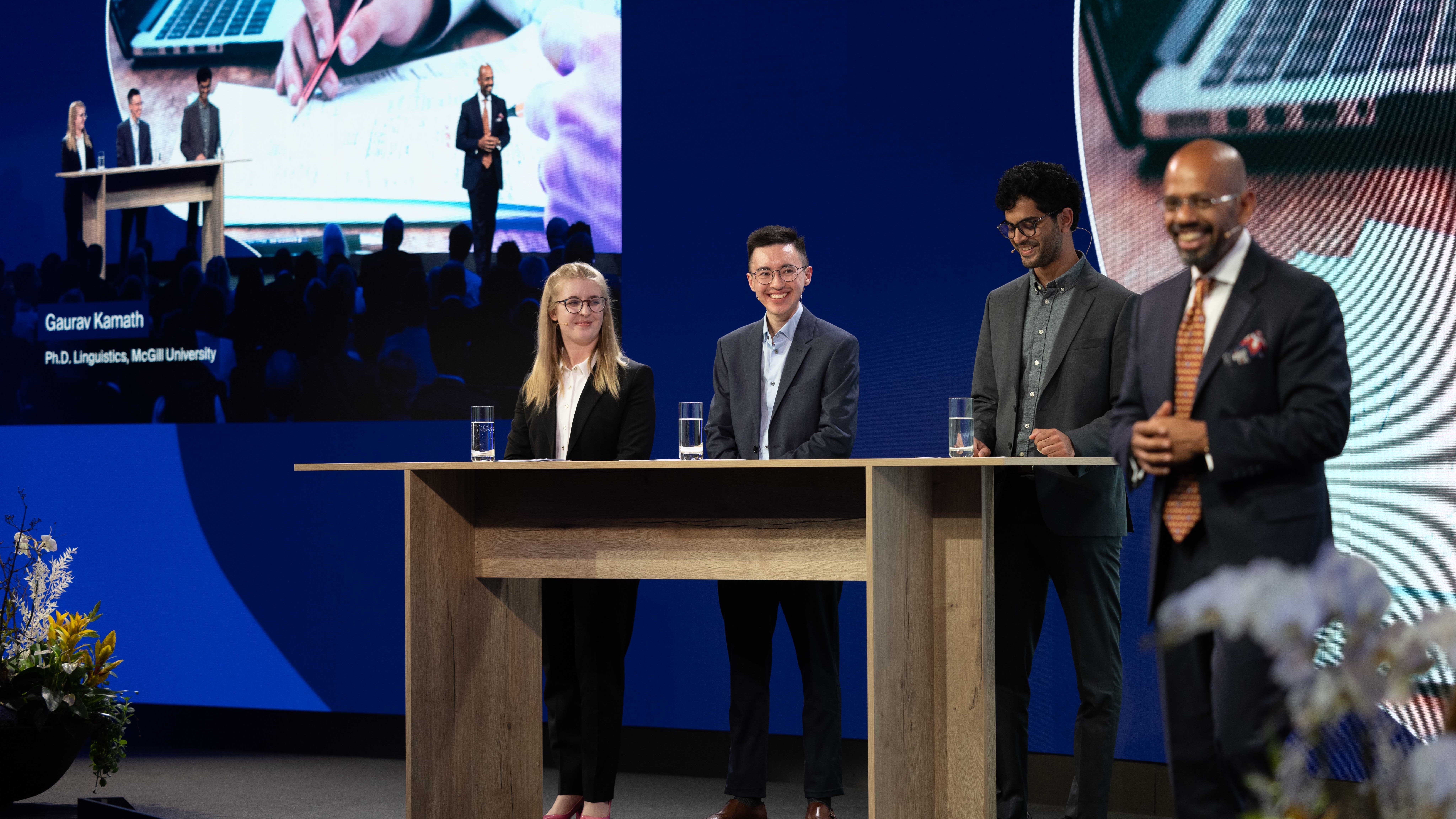
Improving medical care
First placed student of economic history at the London School of Economics and Political Science Elliot Gunn addresses the global problem in the health sector in his essay "Restoring the Radical Promise of Universal Healthcare". Specifically, Gunn looks at the publicly funded health care systems in Canada and the UK and their challenges. The demand for medical treatment can only be met inadequately, resulting in long waiting times for medical care, for example. To solve this, the student puts forward four concrete proposals: First, a long-term recapitalisation of the health infrastructure should take place through increased financial support. Furthermore, the use of existing capacities should be fully utilized. If pharmacists were given the competence to provide medical care themselves to a certain extent, costs and waiting times could be reduced. A third point aims at the use of productivity-enhancing technologies. In addition to the use of telemedicine, the digitisation of patient records could reduce administrative efforts, lower costs and make processes more efficient and error-free. Gunn's final proposal involves public-private partnerships. In the Canadian province of Ontario, the expansion of private, for-profit clinics has already been announced. In such facilities, publicly funded treatments will be available in the future to reduce the waiting list for surgical procedures.
The legacy of open-source research in AI: making research more publicly accessible
Canadian McGill University doctoral student Gaurav Kamath places second with his essay "Beyond Just a Moral Imperative: The Legacy of Open-source Research in Artificial Intelligence". Kamath discusses that the existence of artificial intelligences (AI) such as the popular chatbot ChatGPT is based on the disclosure of previous work. AI is programmed to be able to learn to solve a problem by itself. This requires statistics and Big Data. However, researchers often do not want to disclose their work for economic and scientific reasons. This in turn hinders the further development of AI. The doctoral student in linguistics therefore proposes to compensate for scientific as well as financial disadvantages. AI research journals and conferences could also encourage open-source research during the evaluation process. Public bodies could as well offer direct financial incentives such as research grants, start-up loans or tax incentives to individuals and organisations in AI research for committing to open research practices.
The modern library: how to make our temples of knowledge fit for the future
Megan Murphy is a doctor of law at the Moritz College of Law at Ohio State University in Columbus. In her third-ranked essay "Turning the Page: Bringing Public Libraries into the 21st Century" she writes about the danger that libraries - as we know them today - are very unlikely to be viable in the future. Costs and financial support from states and politicians are increasingly being cut and visitor numbers are declining. Murphy therefore proposes two concrete measures for action: Firstly, libraries should be modernised to increase added value. This should be done with the help of so-called "content labs". Such labs could be equipped with microphones, cameras and video editing software for the production of podcasts, tripods, backdrops and props for influencer-like photo shoots or special software for budding musicians. In this way, it wants to specifically attract younger people. The economic value of libraries for politicians and governments should also be increased. This can be done through cost-benefit analysis.
You can view and read the full winning essays and the top 25 entries here.
Anna Kati Schreiter studied business administration at the University of St.Gallen.
This could also be of interest to you
